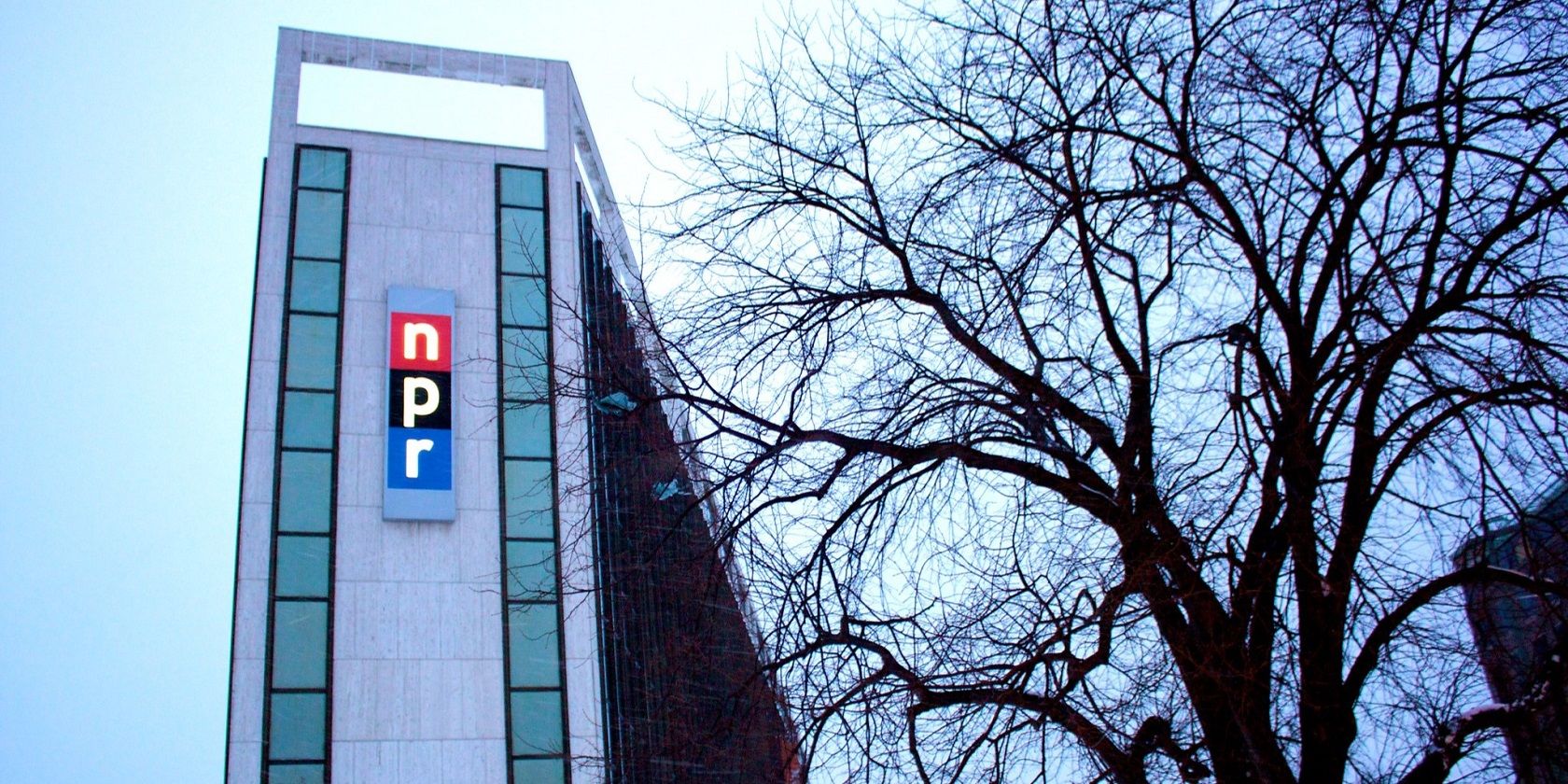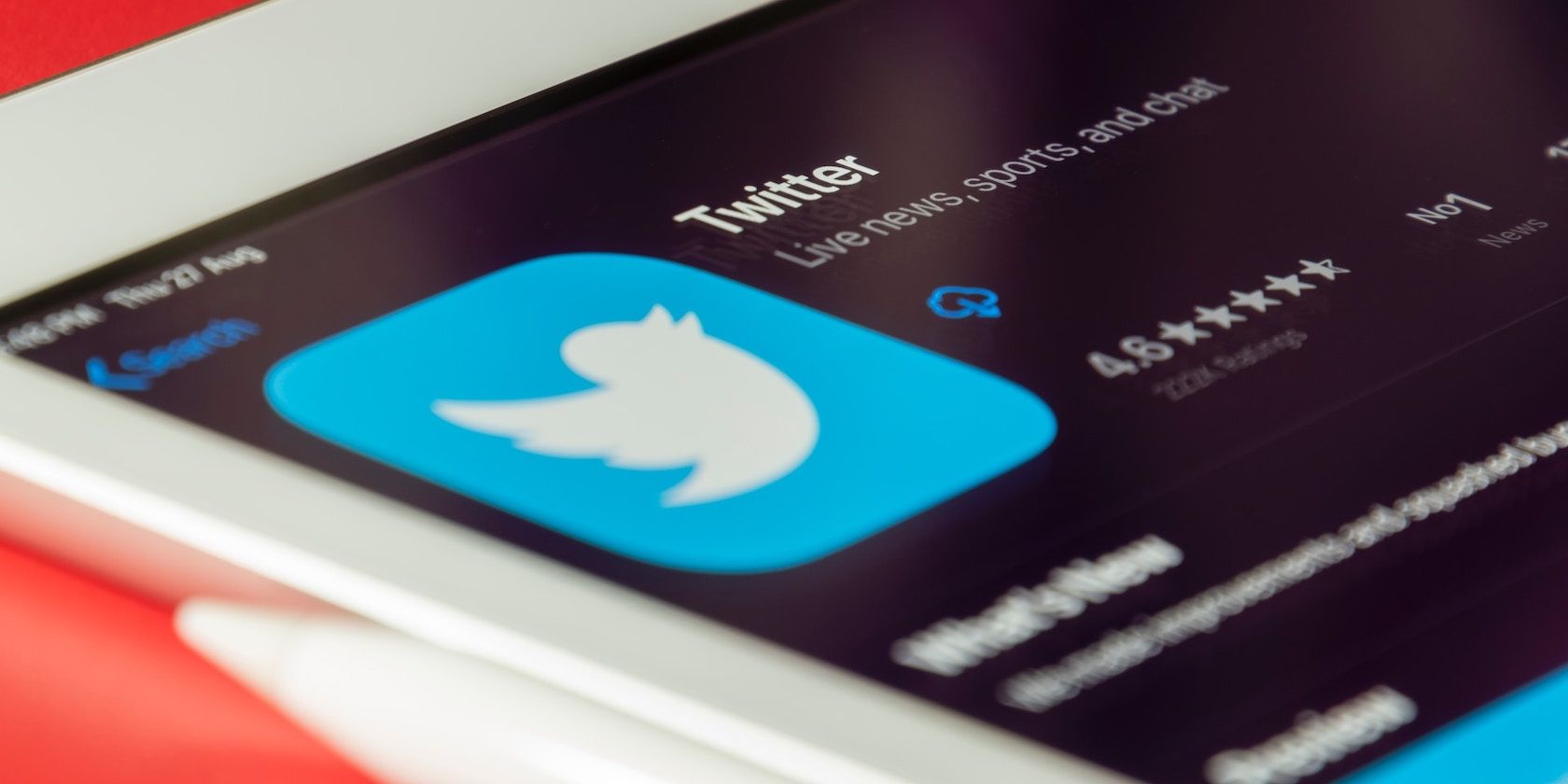If Elon Musk holds out hiring a new CEO for Twitter long enough, the platform might end up being the most in-the-news social network of the year. From announcing that it will remove all legacy verified checkmarks to labeling accounts publicy-funded news broadcasters as state-affiliated, the company has been making headlines for all the wrong reasons. As a result, some news outlets are taking a stand and leaving the platform.
NPR and PBS Are Quitting Twitter
NPR has announced that it "will no longer post fresh content to its 52 official Twitter feeds". The announcement was contained in a statement on the NPR website, which explained that the move was necessary to protect its credibility and integrity.
In what seems to be a series of farewell tweets, NPR listed alternative channels its readers and listeners can turn to for their news and information. These include its website, mobile app, newsletters, and other social media pages.
PBS has also joined NPR in its decision to quit Twitter. Unlike NPR, however, PBS didn't hint to its 2.2 million followers that it was leaving the platform before doing so. It simply stopped tweeting.
This all adds to the list of controversial moments Twitter has had in 2023, having earlier announced that it will remove all legacy verified checkmarks and only verify paying users. It also temporarily replaced the Twitter logo with the Dogecoin Doge. But none of these explains why NPR and PBS are leaving Twitter.
Why NPR and PBS Are Quitting Twitter
NPR's decision to leave Twitter was spurred by the platform’s repeated misrepresentation of the organization's funding source. Twitter had earlier labeled the network as a "state-affiliated media," the same label used for government-controlled media outlets in countries such as Russia and China.
The label changed to "government-funded media," which according to NPR's statement, was still misleading given that the organization is a private nonprofit with editorial independence. NPR "receives less than 1 percent of its $300 million annual budget from the federally funded Corporation for Public Broadcasting," per the statement.
The network also pointed out that Twitter has failed to address its concerns over the label; hence, its decision to no longer post fresh content on the platform. NPR went on to affirm that it wouldn't hurriedly return even if the mislabeling is resolved as it no longer trusts the decision-making at Twitter.
PBS also pulled the shutters on its Twitter page after it received the same "government-funded media" label. "PBS stopped tweeting from our account when we learned of the change and we have no plans to resume at this time," a PBS spokesperson told The Hill.
Elon Musk defended Twitter's position in an interview with BBC, arguing that the label was an honest attempt to categorize news sources. "Our goal was simply to be as truthful and accurate as possible," he said.
BBC had its "government-funded media" label replaced with "publicly funded media" following the interview. It remains to be seen whether the same will be done to NPR and PBS.
NPR and PBS Aren't Alone
NPR and PBS aren’t the only ones leaving Twitter. A few other news outlets have quit the platform, citing similar reasons as NPR and PBS. Examples include WBUR, Hawaii Public Radio, and LAist.
In a statement on its Twitter account, LAist stated it was leaving Twitter in solidarity with NPR. "LAist supports NPR's decision and, in solidarity, will no longer post to our Twitter accounts," the statement read.
Is Twitter Losing Its Relevance?
Bots and fake accounts used to be the main concern for Twitter but now, it appears that even legitimate accounts are struggling to stick around. As more news outlets continue to pull out of the platform, Twitter may be headed for a long-term decline.
Whether Twitter will take steps to reverse this trend remains to be seen. However, the platform has a lot of work to do (or undo) if it hopes to remain relevant. NPR and PBS quitting the platform could be the start of something bigger.



